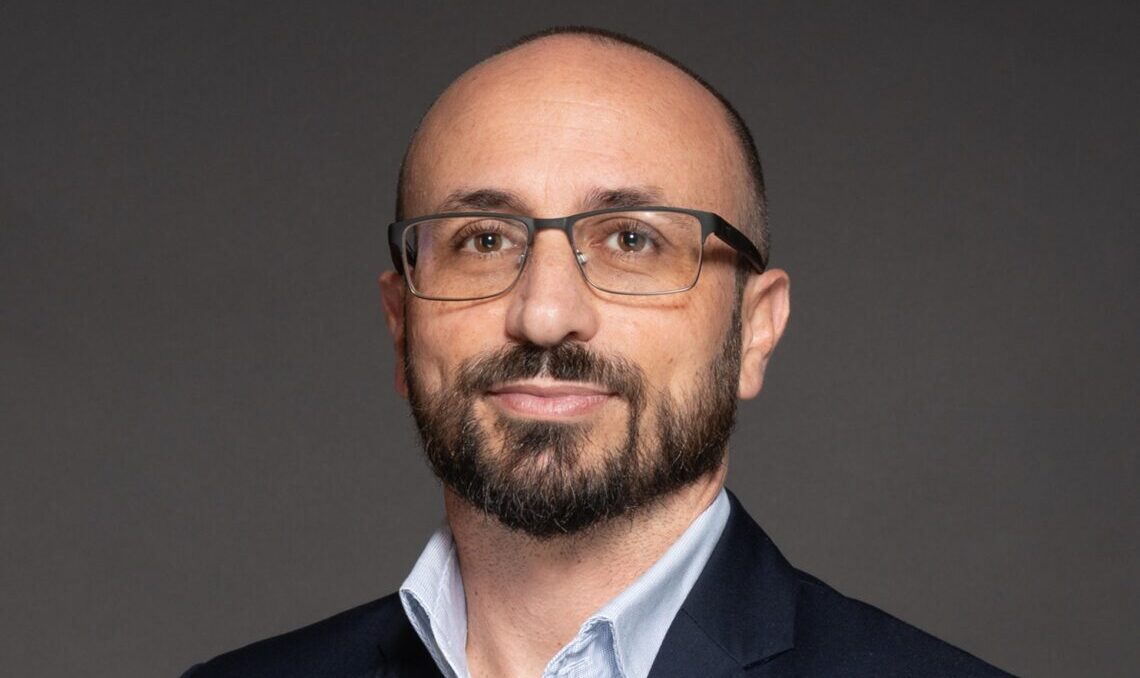The latest edition of MaltaCEOs.mt’s Work and Wealth Watch series where Money Coach Luca Caruana gives his expert responses to all your questions related to money, work and wealth. Want to see your own questions answered on MaltaCEOs.mt? Send your questions on info@moneycoachinghub.com
Dear Luca,
I work as Head of Compliance for a local Fintech firm. I recently turned 49, and while others my age might be looking at the next 10-15 years with a sense of achievement, I find myself feeling confused and fearful.
The reason is that, although I’ve saved regularly, the amount I now have feels much smaller compared to what it meant 10 years ago. I understand inflation and such, but I never imagined it would impact my savings to this extent.
I’ve invested in a pension plan that barely yields 2-3% a year, though the capital is guaranteed. I’ve always made a point to pay myself first, putting at least 10% of my salary into savings and a retirement fund. Yet, at 49, I’m beginning to realise that by 65, I may not have enough to retire comfortably with my current lifestyle.
Have you encountered similar experiences? And what would you suggest in such cases?
Worried Saver
Luca’s Response:
Dear Worried Saver,
Your situation resonates with many clients and individuals I meet who are of a similar age. Let’s break it down point by point:
- Retirement Plan: You mentioned a retirement plan with an average return of 2-3% per annum. Although the capital is guaranteed, this rate barely keeps up with inflation, which averages 2-4% per year. Some years, like two years ago, saw inflation rise to even 10%, so it’s understandable that your savings feel as if they haven’t grown much over the years. While I can’t give you direct investment advice, I suggest approaching the company managing your pension plan to explore other options for your investments. Diversification is essential, and with a 16-year horizon (considering 65 as your target retirement age), you might want to consider alternative options within this timeframe.
- Age 65 as Planned Retirement: You mentioned planning to fully retire at 65. That’s a sound goal, but if achieving it seems financially challenging due to your lifestyle, you have two options: either adjust your current lifestyle or consider not retiring entirely at 65. Instead, you could explore side activities that you enjoy and that could generate extra income. I know many individuals who take this approach, finding great satisfaction and additional income that supports their lifestyle.
- Your Job: As Head of Compliance, you still have 16 years in your career field, which likely means your salary may increase over time. I suggest investing any extra income, not only in stocks, bonds, and property but also in potentially monetising a passion. This could help you build a secondary income stream now—one that you may enjoy continuing even into retirement.
I hope these three pointers provide you with some clarity.
Luca
The Money Coach, from the Money Coaching Hub
CEO & Founder of Monipal
Measure your Money Health in 1 Minute: https://moneycoachluca.scoreapp.com/
6 morning routine mistakes to avoid that could cost you productivity
There are easy and effective ways to set the right tone from the start of your day.
Mistakes CEOs regret and how to avoid them
Many CEOs look back and wish they had done things differently.
6 steps business leaders must follow to address negative online reviews
Responding to online critics is an effective way of protecting a company’s reputation and building customer loyalty.
Provide feedback and show respect: 5 ways business leaders can steer a young team towards success
Millennials and Gen Z employees are on the rise, and while they are wrongly viewed as ‘unmotivated’ and ‘entitled’, they ...









